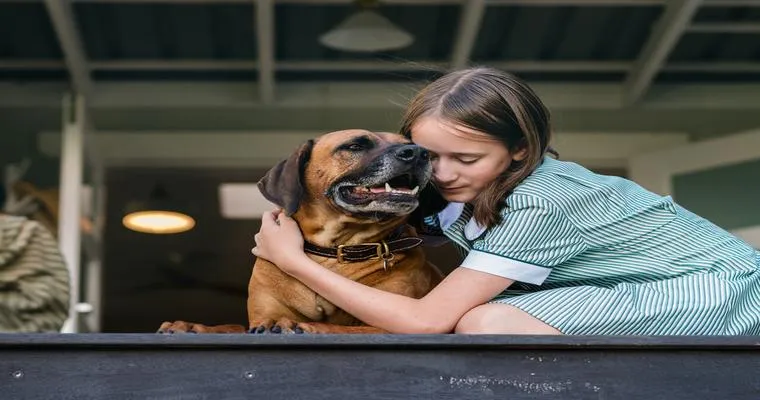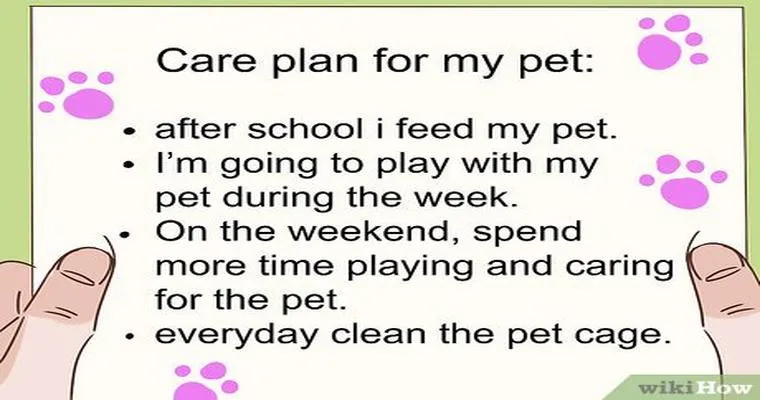Caring for a loved one with "Alzheimer's disease" can be both emotionally and physically taxing. When that loved one is your sister, the challenges can become even more pronounced, especially when there are additional responsibilities like caring for her "dogs". As the disease progresses, you may find it increasingly difficult to manage her needs alongside those of her pets. This article will explore strategies to help you balance these responsibilities while ensuring the well-being of both your sister and her beloved dogs.
Understanding the nature of "Alzheimer's" is crucial. This degenerative brain disorder affects memory, thinking, and behavior, making it progressively harder for your sister to manage daily tasks. As her caregiver, you may notice that she struggles with basic routines, forgets to feed her dogs, or even misplaces important items like leashes or food bowls. Recognizing these patterns is the first step toward finding solutions.
One of the most effective ways to manage this situation is to create a structured routine. Establishing a daily schedule that includes specific times for feeding the dogs, walking them, and engaging in activities with your sister can provide a sense of stability. A consistent routine can help reduce confusion for your sister while ensuring that her dogs receive the care they need. Use visual aids like calendars or charts to make this routine easy to follow.
Another significant aspect to consider is communication. It is essential to talk to your sister about her needs and her dogs' needs. While she may not always remember specific conversations, maintaining open lines of communication can help her feel involved and valued. Encourage her to participate in decisions regarding her pets, such as picking out dog food or choosing toys. This can foster a sense of normalcy amid the challenges of "Alzheimer's".
If you find that managing both your sister and her dogs is overwhelming, seeking support is vital. Consider reaching out to other family members, friends, or professional caregivers who can share the load. Local support groups for caregivers of individuals with "Alzheimer's" can provide valuable resources and emotional support. Additionally, hiring a dog walker or pet sitter can alleviate some of the pressure of caring for her pets.
It is also important to take care of yourself during this challenging time. Caregiver burnout is a common issue, and neglecting your own needs will ultimately affect your ability to care for your sister and her dogs. Make sure to carve out time for self-care, whether that means taking a walk, enjoying a hobby, or simply resting. A well-rested caregiver is better equipped to handle the demands of caregiving.
Lastly, consider exploring "Alzheimer's" resources and educational materials that can help you better understand the disease and its progression. Knowledge is power, and being well-informed can help you anticipate your sister's needs and behaviors. Additionally, resources specifically focused on pet care for individuals with "Alzheimer's" can provide guidance tailored to your unique situation.
In conclusion, navigating the challenges of caring for a sister with "Alzheimer's disease" and her dogs may seem daunting, but with the right strategies and support, it is manageable. Establishing routines, maintaining open communication, seeking help, prioritizing self-care, and staying informed about "Alzheimer's" can make a significant difference. Remember, you are not alone in this journey, and there are resources available to support both you and your sister during this difficult time.





